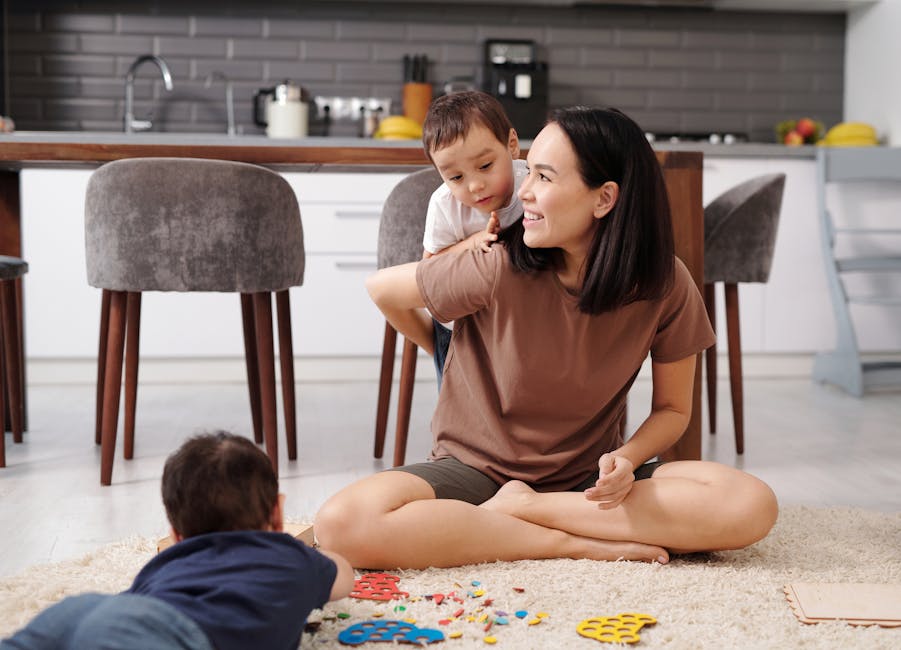Key Terms
- Sanctuary
- An intentional environment of emotional safety, trust, and belonging.
- Family Charter
- A collaboratively written agreement defining household roles and expectations.
- Loyalty Conflict
- Emotional tension when family members feel torn between relationships.
- Structural Family Therapy
- A therapeutic approach focused on clarifying relational roles within families.
Why Blended Families Need a Safe Harbor
On a rainy Saturday at the local children’s museum, every member of a blended family can feel like an outsider. According to FamilyLife’s Without an Escape study, emotional refuge is rare: children and stepparents often struggle to feel at home. The Annie E. Casey Foundation reports that Richmond youngsters with consistent routines and caring adults fare better in every way—emotionally, socially, and physically. Sanctuary isn’t a luxury; it’s the foundation for healing.

Four Strategies for Emotional Safety
Predictable Routines
Consistent meal and bedtime rituals or a weekly “family night” can reduce children’s cortisol by up to 25%. Tools like Cozi or Google Calendar help families share custody schedules in compliance with VA law (Title 20-107.2). Marking holidays and swapping overnights cuts surprises and conflict.
Transparent Roles
Drafting a simple family charter over a scoop of gelato clarifies each person’s place—step‑mom, bonus‑dad, or sibling. Research shows loyalty‑conflict disputes drop nearly 50% in six months. Well‑defined roles also smooth parenting and property negotiations under Virginia’s equitable distribution rules (Title 20‑107.3).
Therapeutic Touchpoints
Regular trust‑building check‑ins at local roundtables—such as “Parenting in Transition” at Three Notch’d Brewery—help families script tough talks before they happen. This practice makes questions about “the ex” less frightening and more productive.
Emotional First Aid Kit
Creative outlets matter when feelings run high. The YMCA of Greater Richmond offers art therapy sessions. Journaling, drawing, or playing music gives children tools to process transitions and prevents outbursts or withdrawal.
“I’ve seen more family success stories from folks who made Friday ‘family pizza night’ than any who just traded weekends in silence.”
Building Richmond Roots
Long, gray winters can deepen isolation after divorce. Joining local groups creates a network of support:
- The Boys & Girls Clubs of Metro Richmond for after‑school care.
- Wellness circles at St. Paul’s Episcopal Church Outreach Center.
- Mindfulness classes at the Tuckahoe Family YMCA.
- Civic clubs or sports leagues in Byrd Park.
- Volunteer teams at Feed More.
Families who join a community group within six months report over
Richmond‑Ready Resources
| Resource | How to Access |
|---|---|
| Family Charter Template | Download from FamilyLife.com |
| VA Custody/Visitation Guidelines | Review Title 20‑108 on the Virginia General Assembly site |
| Community School Locator | Use the Learning Policy Institute’s program finder |
| Mindfulness Workshops | Check seasonal offerings at local YMCAs or Peloton Family Challenge |
| Consider local support groups like The Sophie House for further connection. Keywords: blended family resources, VA custody tips, Richmond community support. | |
Track milestones: first overnight at a new home, a child’s art show at the VMFA, or a shared social media post under the new family name.
divorced individuals, blended family navigation, maintaining boundaries, respectful co-parenting, emotional safety, family support, relationship boundaries, family routines, communication strategies, community connection, local resources, custody tips, family bonding activities, conflict resolution, personal growth after divorce